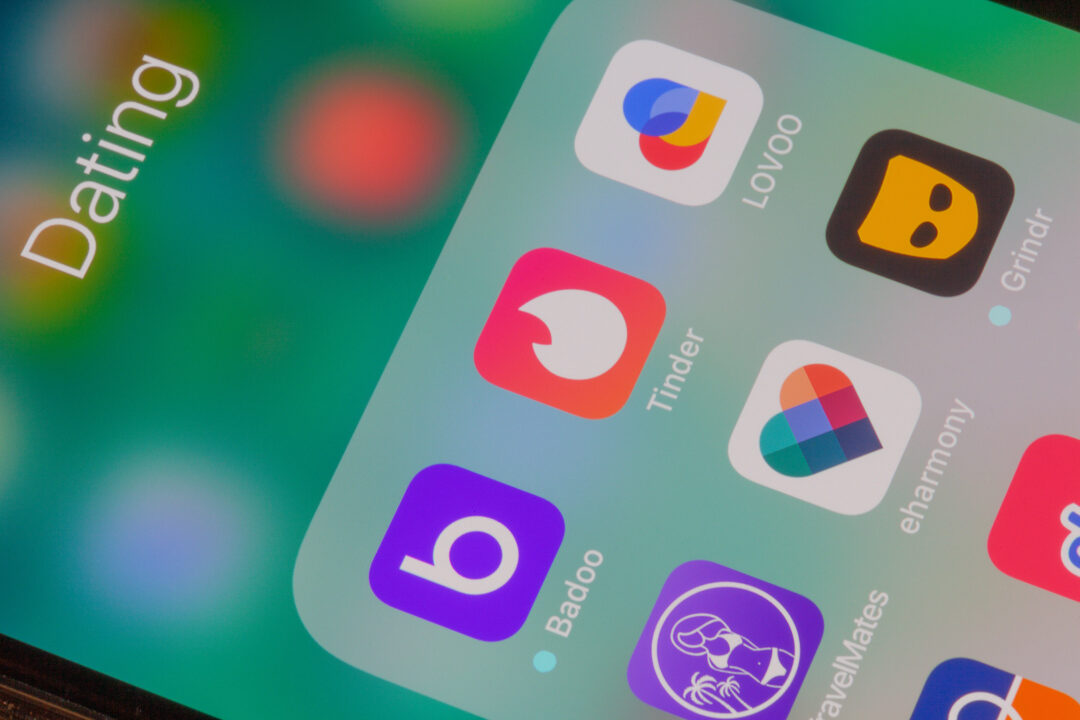Have you ever watched a young child at play? Before they’re introduced to video games or organized sports, they choose a more natural approach. Unregulated, virtually no rules, and spontaneous — their imaginations reign, and time becomes a non-factor.
Who among us can still relate to this approach? Well, if we were to consult our inner child more often, we might be surprised to learn how much of that mindset remains intact. Breaking news: This discovery could work wonders for us as adults.
Rules and Productivity
As we move out of young childhood, we’re introduced to concepts like rules and productivity. These put a damper on creative playtime.
Games suddenly take place at predetermined places and times. We join sports teams, but we must choose a position and adhere to strict ground rules. Meanwhile, video games take the movement and activity out of playing. We instead choose from whatever options a given game allows us.
Upon reaching adulthood, it’s entirely possible that the only playing in our lives is what we watch and consume as sports fans. None of this makes your inner child very happy.
Who Is Your Inner Child?
The short answer is that it’s you.
We all grow, learn, adapt, and evolve, but this doesn’t mean we shed our past selves. Your inner child is the part of you that still wants and needs, reacts, and behaves like a child. This mindset is not the same as being childish. Think of it more as child-like.
Sure, your inner child may be impulsive and reactive. But it’s also more ready to use imagination. This approach equals more freedom, more spontaneity, more creativity, and more playfulness.
5 Ways to Channel Your Inner Child and Reap the Benefits of Play
If we listen only to society’s droning voice, we may suppress these child-like qualities. To do this is to deny ourselves the transformational benefits of adult play. Here’s how to channel your inner child.
1. Be Rebellious
Your inner child has never met a rule that it didn’t want to challenge. This mindset is ever-present in child-like play. Board games are satisfactory, but they’re even better when you create new rules each time you play them. The younger version of you is just itching for you to question authority more often.
2. Be Resilient
How long did it take you to learn how to ride a bike or swim or even speak in complete sentences? As children, we embraced and tackled complicated processes without stigma. A few slip-ups won’t slow you down when artificial timetables don’t limit you.
3. Be Brave
Very young children are quite adept and mobile when crawling. Even so, they rise on two legs to see what standing and walking is like. They get their way just fine through crying or squealing, but that doesn’t stop them from figuring out this whole spoken language thing.
Your inner child is ready to take risks in the name of progress — and play. In the mind of your inner child, there are dragons to slay and rainbows to ride and planets to visit.
4. Be Uninhibited
Your inner child is a storyteller, a leader, and a mistake-maker on the way to discovery. They’re not concerned with how many likes or shares their actions may inspire. There’s too much fun to be had to waste time worrying about critics.
—
Not everyone can easily re-connect with their inner child. In some cases, these inner children were wounded in their time and need lots of reassuring. This situation is where counseling can be your entry point in rediscovering the incredible world of adult play.
Our dominant culture’s narrative can be tough to challenge. It only makes sense to find yourself a professional guide (aka playmate) along the way. Please reach out to me today if you’d like to begin channeling your inner child more.


